Date: 19 May 2022
Time: 9.00 - 11.45 (Welcome 9.00-9.45)
Keynote
Chief Executive Judith Bryans, Dairy UK
Sector Lead for Sustainability - Global Dairy Platform Director Brian Lindsay, Dairy Sustainability Framework
Research & Innovation Manager Food and Agriculture Ulf Sonesson, RISE Agrifood and Bioscience, Sweden
Managing Director in North Europe Alex Henriksen, Tetra Pak
Abstracts

The role of dairy in delivering the Sustainable Development Goals
Food is a precious resource. It is needed for life. Good nutrition, especially in the first 1000 days of life, has a profound impact on physical and mental wellbeing. Everyone should have access to nutritious, safe, affordable, and sustainable and culturally acceptable foods at all stages of life. Yet, the world is far behind on delivering on the United Nations Sustainable Development Goals (SDGs) including on SDG 2 - Zero Hunger. Dairy foods like milk, cheese and yogurt have a long history as part of the human diet and are part of dietary guidelines worldwide due to the high-quality nutrition they provide. However, that does not mean the nutritional aspects of dairy in the context of sustainability are well understood. Nor does it mean that the role of dairy in helping to further the ambition of the Food Systems Summit to accelerate the delivery of the UN SDGs is understood. This presentation will explore the world of dairy from a nutritional perspective with examples from around the globe demonstrating how dairy is, and will continue to, play its part in helping to deliver against the SDGs – especially SDG 2. It will also look at our shared vision as a global dairy sector to deliver for healthy people in the context of sustainability.
Chief Executive Judith Bryans, Dairy UK

Building and developing the narrative for sustainable dairy – Actions, Evidence, Language!
Regardless of where you source your current affairs information, it would be understandable if you are starting to question the role of livestock in the human diet and its relationship with climate change.It seems that livestock and in particular, ruminants, are the cause of many of our environmental challenges – Climate change, soil degradation, water availability and quality etc.For our farmers, it is extremely challenging knowing where to invest their efforts when acting responsibly to regain the trust of a society (or press at least) that seem to be ‘gunning for them’.As an industry, we need to improve the development of our messages and sharing these more strategically. For the dairy sector, sustainability needs to become a ‘pre-competitive’ concept that allows genuine collaboration to achieve the required narrative that accurately reflects the sectors contribution in a holistic way. The situation is bigger than any one company or country.This session will explore in more detail, some of the sector’s proactive activities and will challenge delegates to think about their role in the sustainable dairy picture and how ‘they’ can contribute to a collective effort ensuring that dairy is acknowledged as a responsible sector, producing fantastic and necessary sustainable nutrition.
Sector Lead for Sustainability - Global Dairy Platform Director Brian Lindsay, Dairy Sustainability Framework

Assessment of environmental performance - opportunities and challenges
The food system of today deliver poorly on the SDG’s, hence there is a need to develop and transform the way we produce, process, package, distribute and consume food. And to do that, we need to have a set of concrete indicators for companies and other actors, to plan activities and measure progress. Indicators for environmental performance needs to be quantitative and based on science and adapted to the dairy sector. Life cycle assessment (LCA) is a useful tool to develop indicators and to follow up progress, but LCA indicators needs to have a broader coverage and be supplemented by other tools.Dairy production is one of the most studied food sectors in the LCA field. There are many high-quality studies from many regions of the world and there is a good agreement of how the environmental impact profile looks. For example, climate impact and plant nutrient related impacts are critical, and that use of pesticides are of less importance. Moreover, there are other impacts that varies between production systems and regions. So, there is a solid platform for developing good indicators both at farm level and for processing and packaging. Which already have been made by the IDF and the EDF. As mentioned, there are several challenging areas that still needs to be developed to cover the breadth of impacts relevant, e.g. biodiversity, use of resources, carbon flows. There is still need for more research and efforts to develop useful indicators also for the most complex impacts. In addition, the indicators need to be aligned with global goals as public health and food security, and at the same time be useful and relevant on farm and dairy level.
Research & Innovation Manager Food and Agriculture Ulf Sonesson, RISE Agrifood and Bioscience, Sweden

Sustainability and operational cost reductions - the ARON approach
The ARON approach: 1) The best way to save energy and water and to reduce food loss is to AVOID; 2) RECOVER energy and water consumption to the greatest possible extent; 3) OPTIMISE operations to reach maximum efficiency; 4) NEUTRALISE across the value chain and compensate outsitde of it
Managing Director in North Europe Alex Henriksen, Tetra Pak

How to turn the sustainable goals into business opportunities
Recognized as one of the most sustainable companies in the world, it is fair to say that Chr. Hansen has achieved many of the goals that it set out for when the global bioscience company first started working strategically with the UN’s Sustainable Development Goals (SDG’s) back in 2016. But how has this impacted the company today? Working actively with sustainability and three of seventeen SDG's, the company’s way of integrating sustainability into its’ strategy, culture and purpose has been positively recognized by customers, investors and among society at large. Good bacteria is a trending topic in relation to health, naturality and sustainability in the dairy industry, especially in relation to fighting food waste. In this key note CEO Mauricio Graber will talk about the power of good bacteria, and how the food and agricultural industries can leverage from the immense potential of bacteria and fermentation in addressing global challenges and creating a more resilient food system from farm to fork.
CEO Mauricio Graber, Chr. Hansen A/S
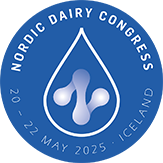






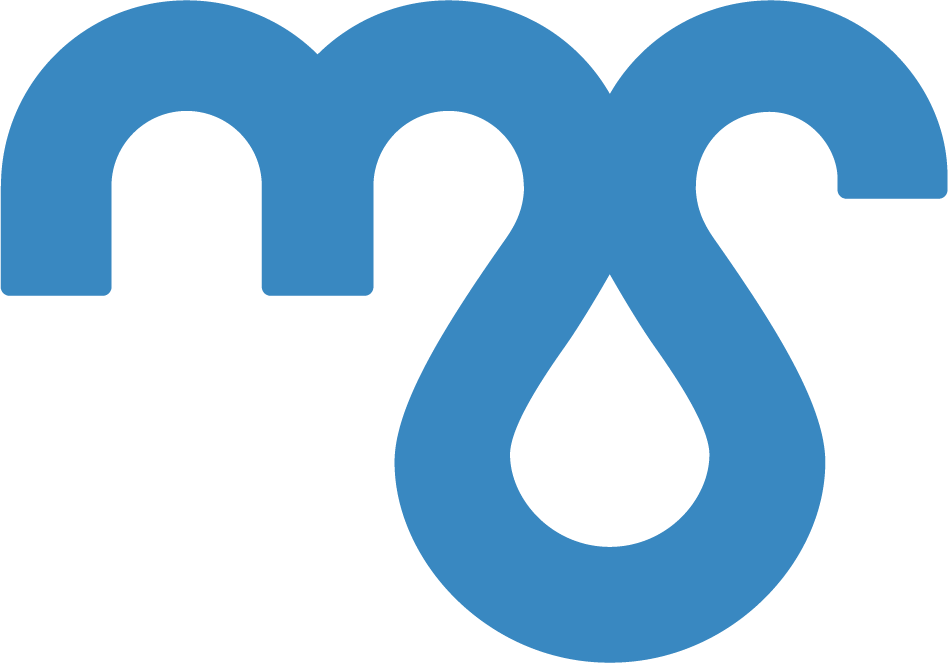
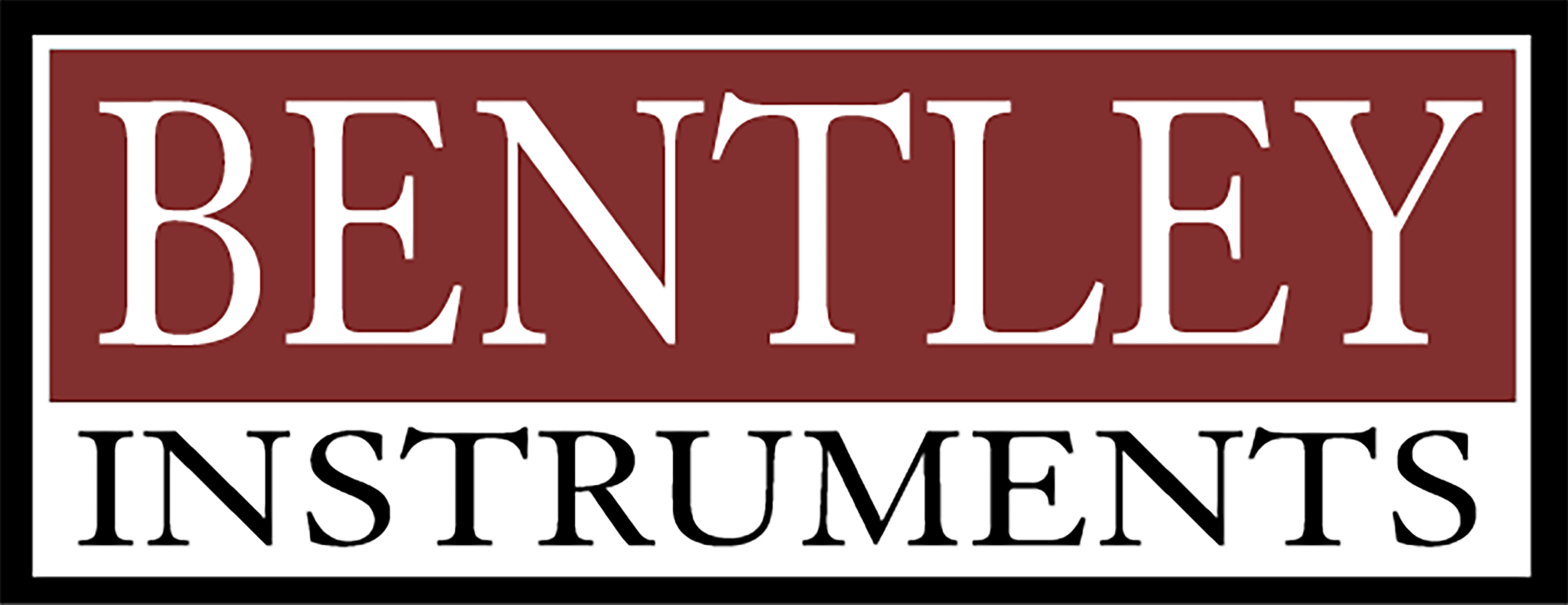
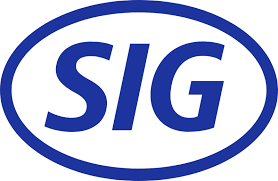



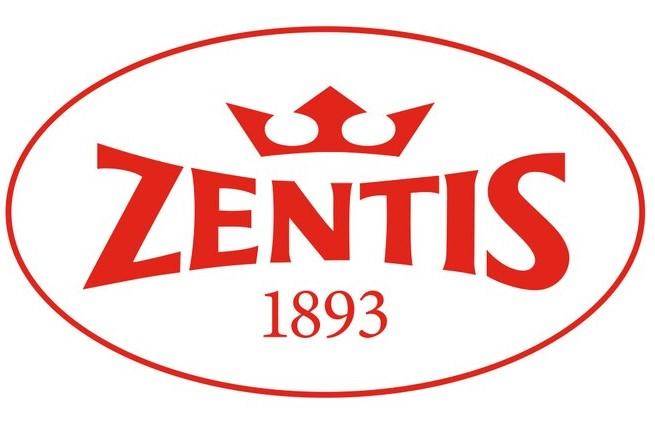
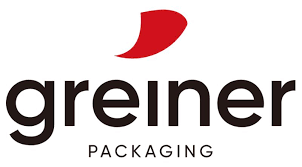
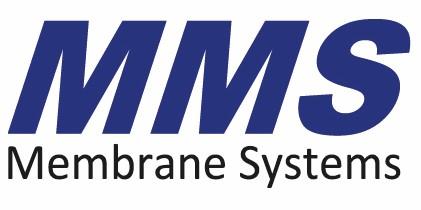


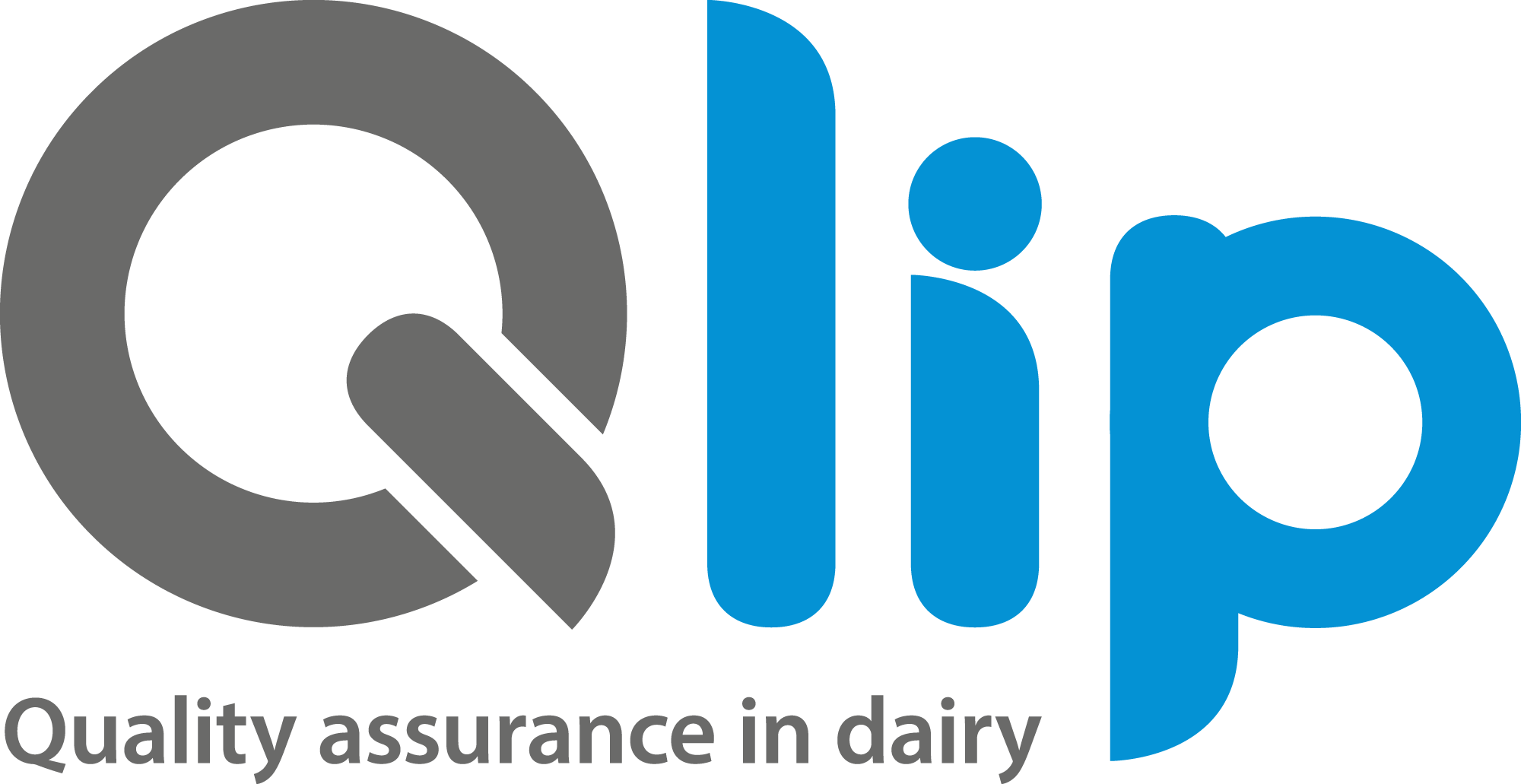
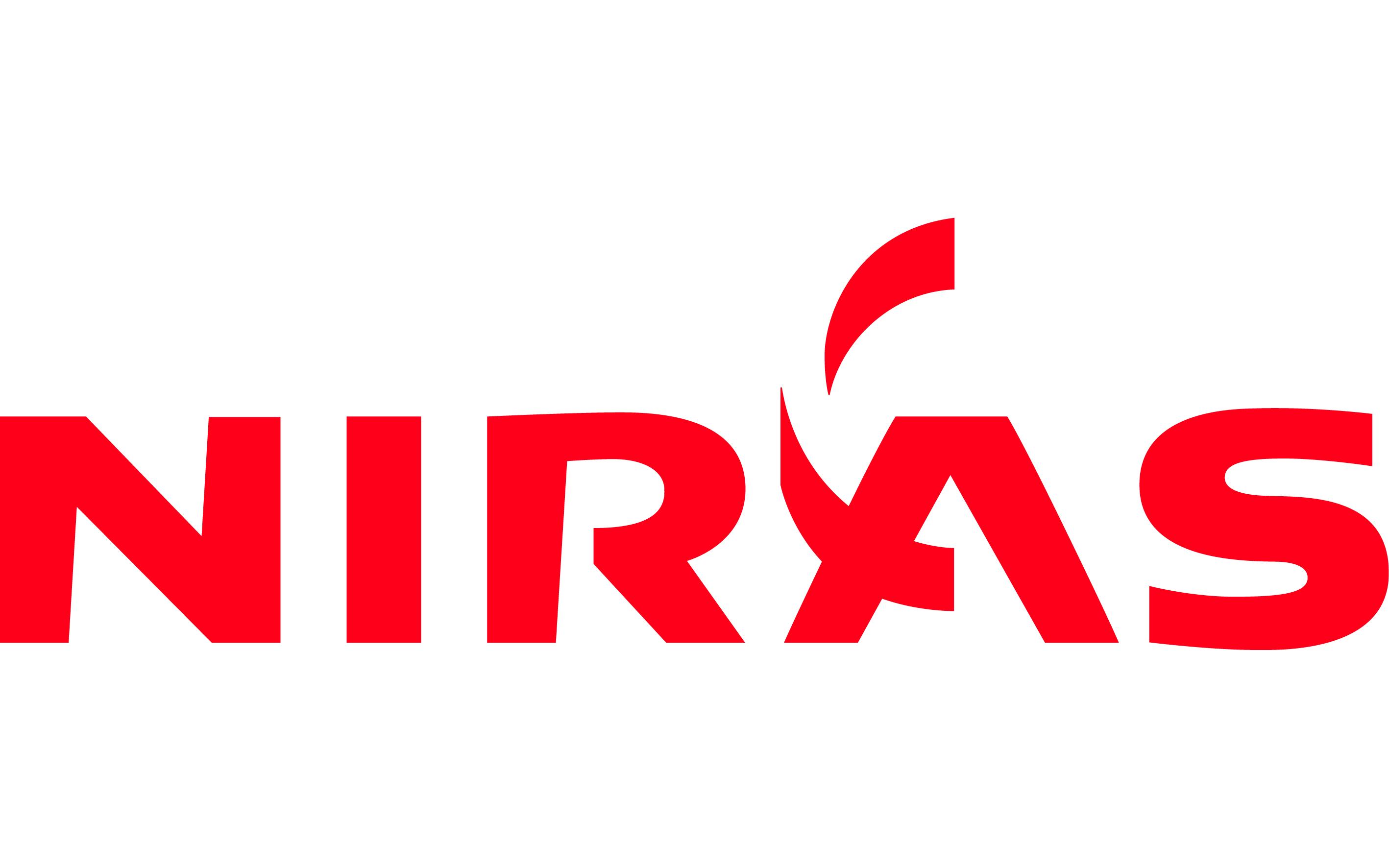
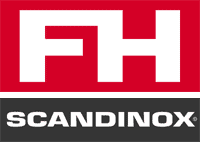

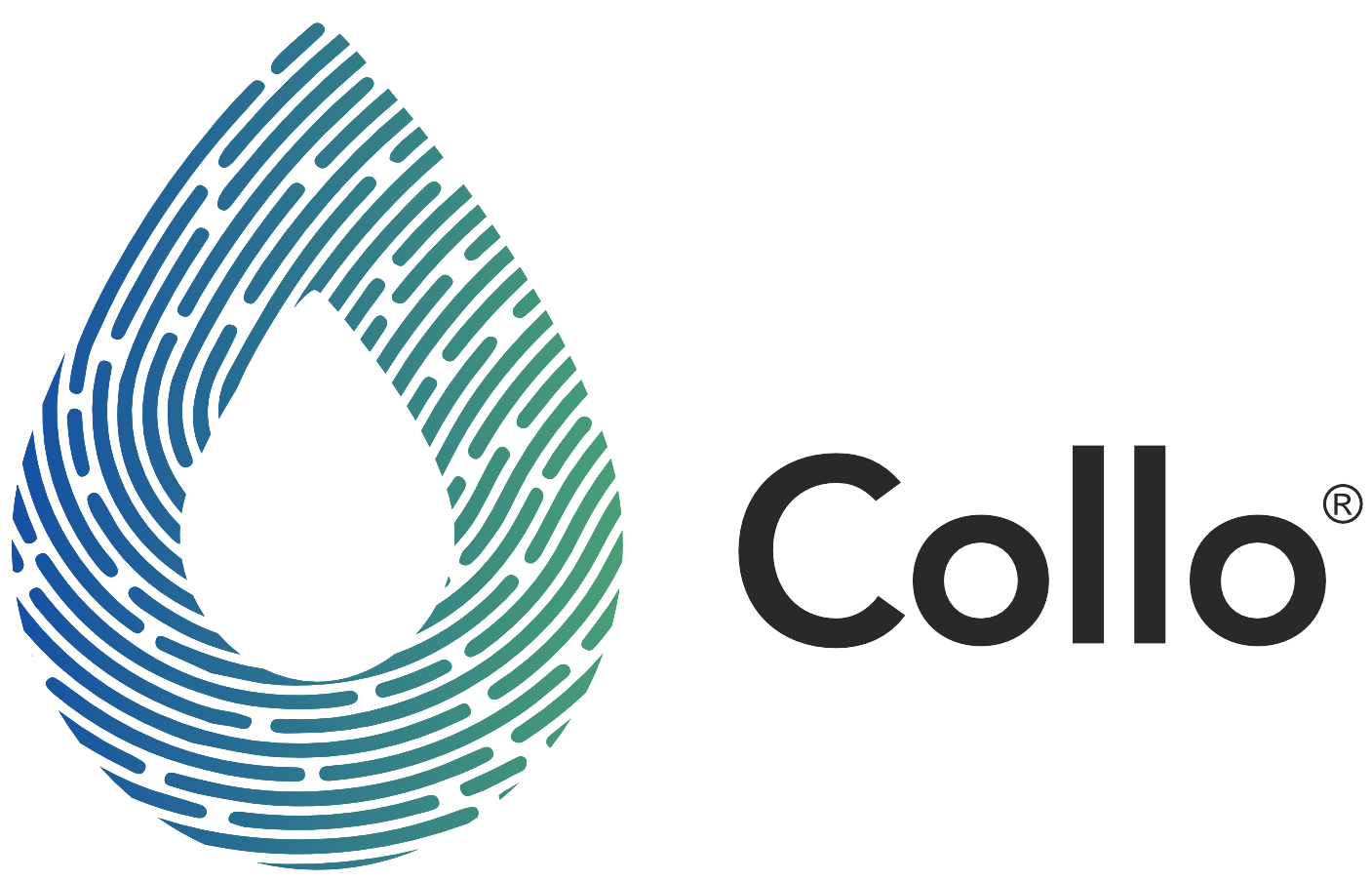
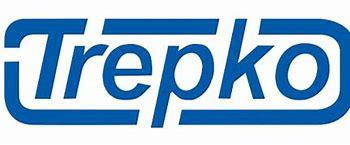




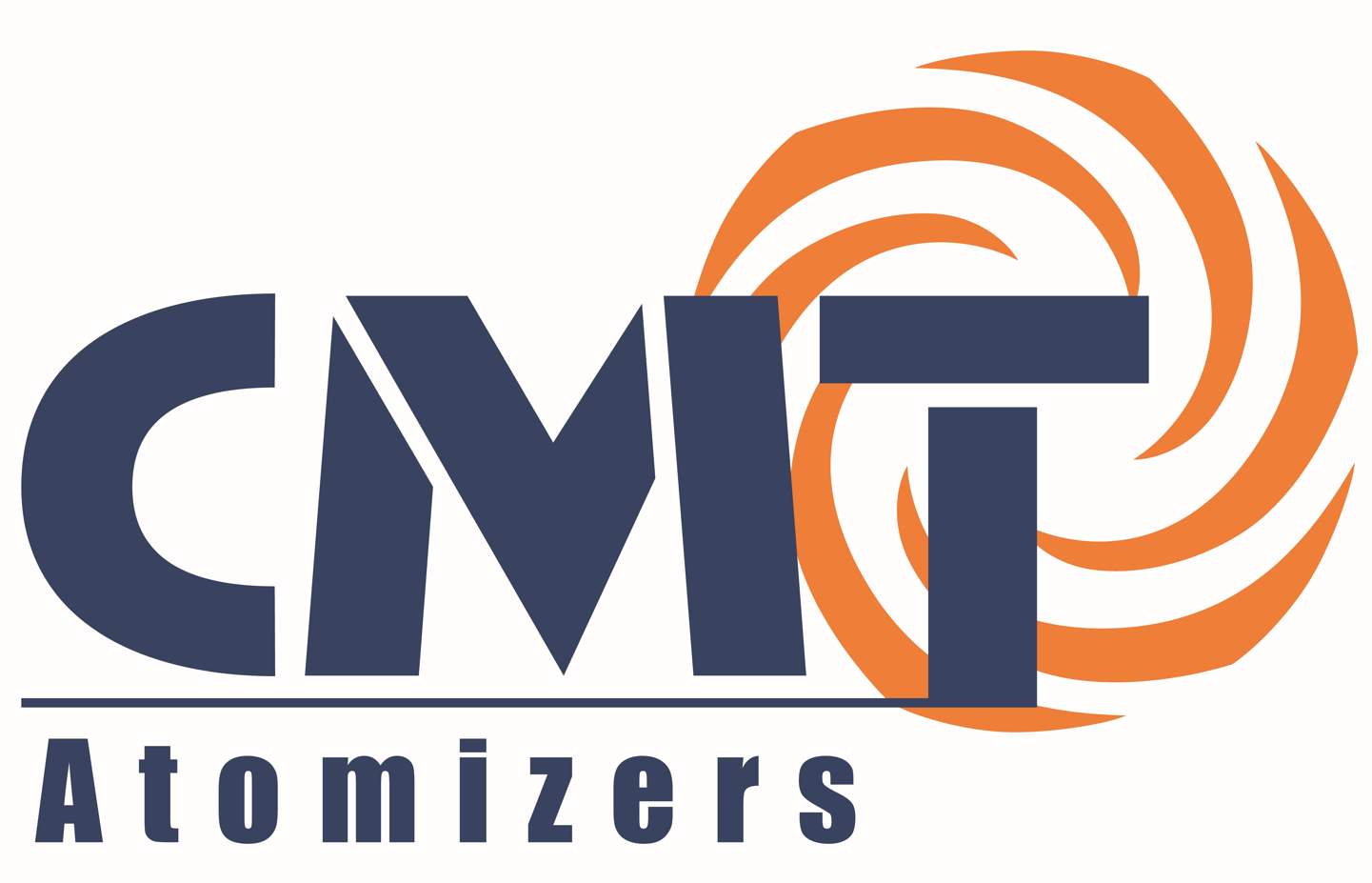
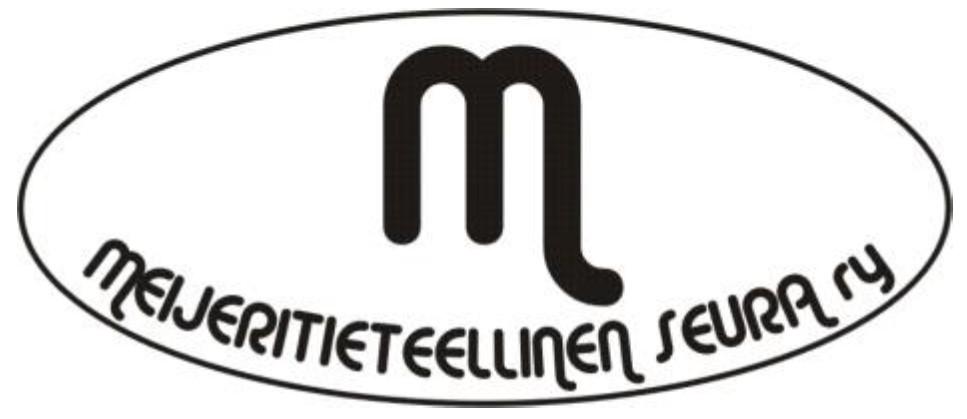
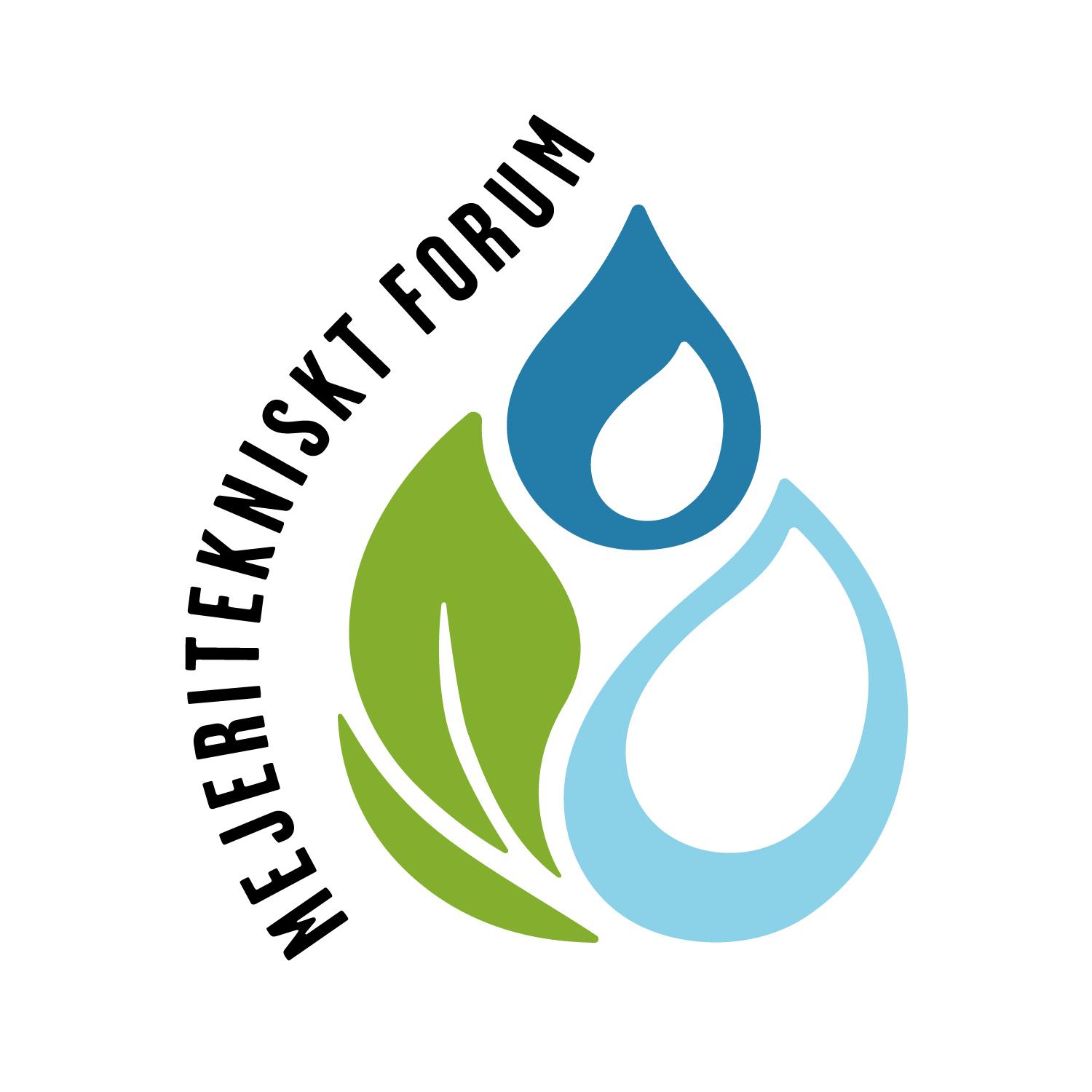
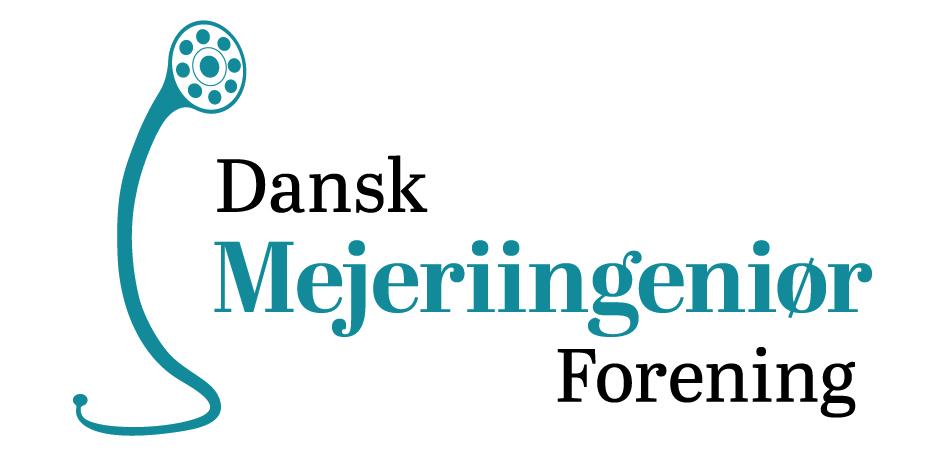
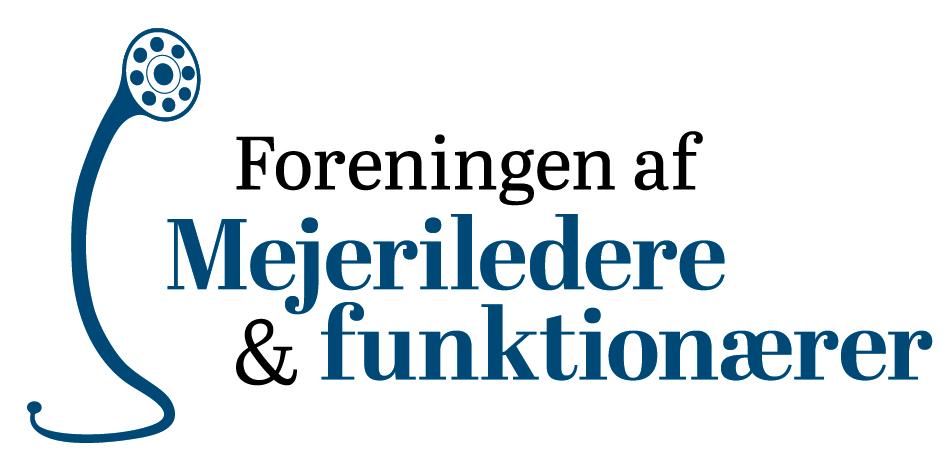



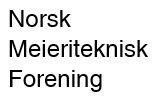
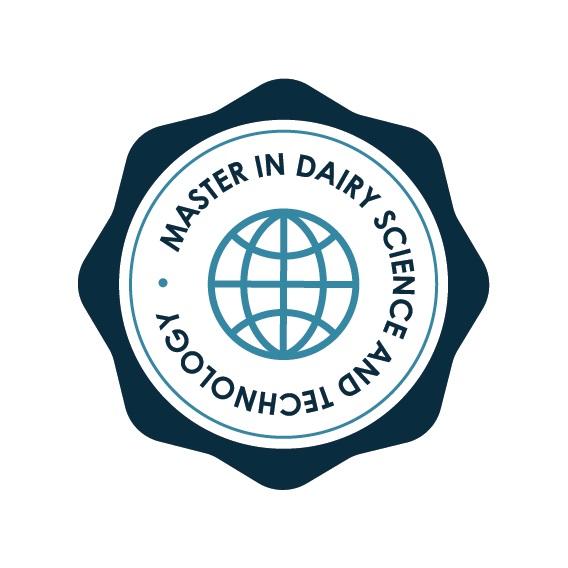
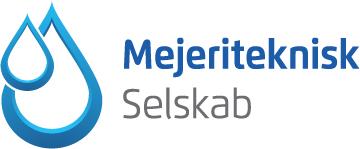

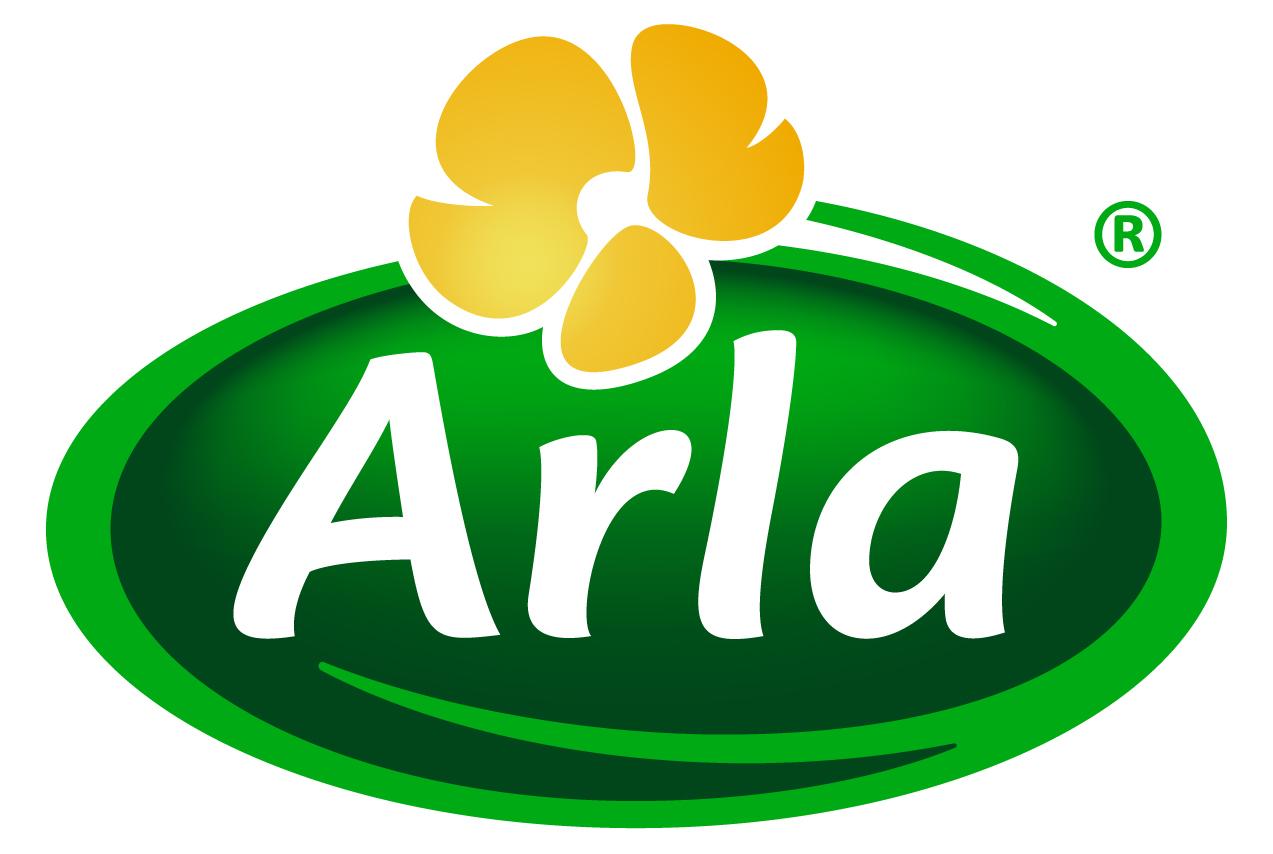

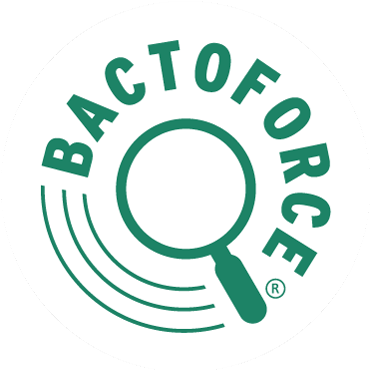

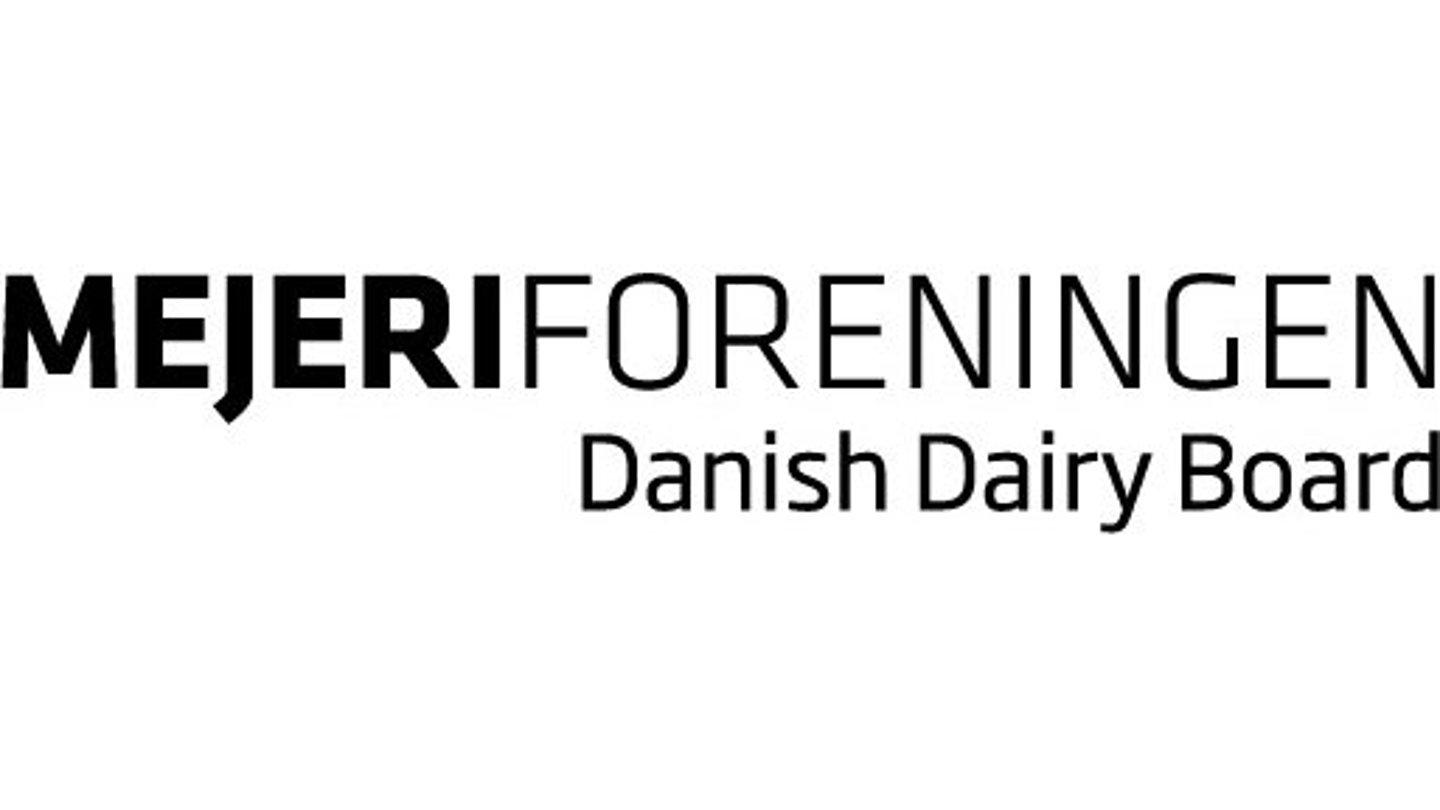
 Munkehatten 28
Munkehatten 28